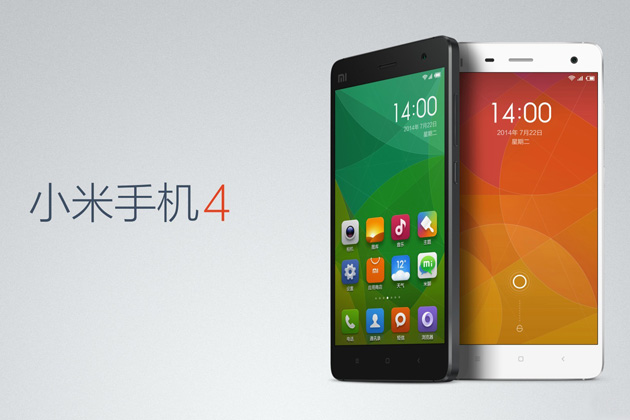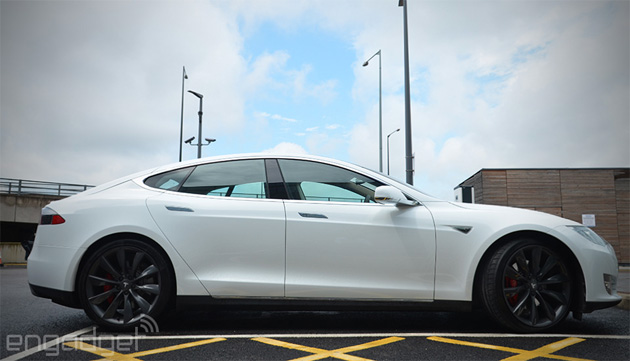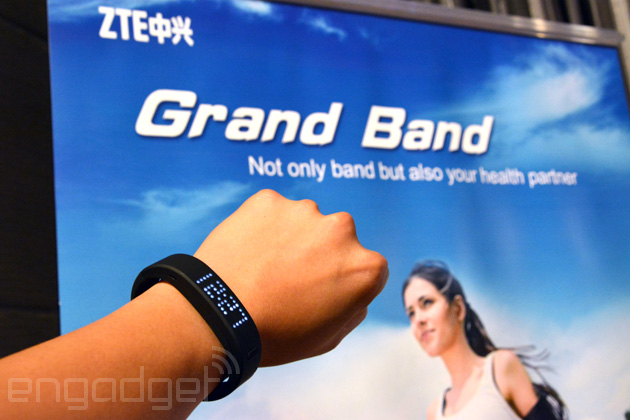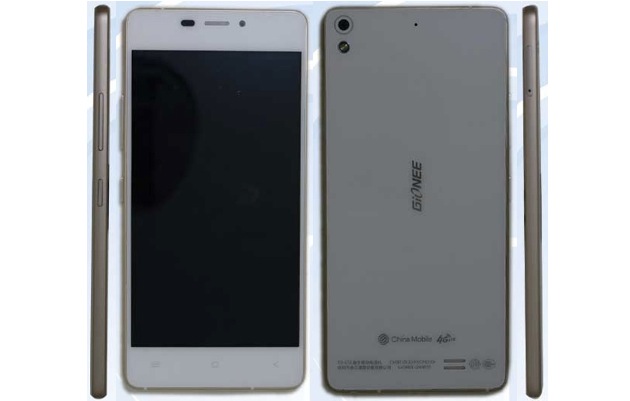
Having sold 26.11 million phones in the first half of this year, the beast from the East that is Xiaomi
is back again with a new flagship Android phone: the MI4. For the first
time ever, the company is adding a touch of metal -- the common SAE 304
stainless steel, to be exact -- to the phone's frame, which is
sandwiched between a flat 5-inch 1080p screen and a swappable, slightly
curved plastic back cover. The internal specs are as you'd expect:
2.5GHz quad-core Snapdragon 801 SoC, 3GB of RAM, 16GB/64GB of internal storage, 13MP f/1.8 main camera,
8MP
selfie camera, LTE radio (at last), 802.11ac WiFi plus a 3,080mAh
battery. As a bonus, you also get an infrared transmitter to play with
the TV (which Xiaomi also sells).
As usual, the MI4 will be very affordable: Just CN¥1,999 or about $320
for the 16GB version, and CN¥2,499 or about $400 for the 64GB version
(both off-contract, of course).
Admittedly, from afar, the black MI4 does remind us of the iPhone 5
or 5s, but you have to give credit to Xiaomi and its partners -- Foxconn
and HiP -- for the extra work gone into crafting the metal parts. The
shiny chamfer alone takes more than six hours to finish, apparently, and
they've also added a nano-coating to the sides to deter fingerprints
and liquids. The result is a 67.5mm-wide body -- beating the Smartisan T1's 67.74mm -- that sits comfortably in your hand, and the phone only weighs 149g.
The MI4 will be available for pre-ordering in China on July 29th, and
you'll also be able to pick up one of the many back covers to suit your
taste -- be it bamboo, wood, leather, cloth or even stone textures. On
top of that, you can add CN¥99 or about $16 for an annual insurance for
broken screen plus accidental liquid damage.

The boost in Xiaomi's sales figure is helped by the company's
expansion into other parts of Asia, including Singapore, Malaysia,
Philippines and, very recently, India. You can thank ex-Googler Hugo Barra
for that, who has been very hands-on with this project. On a related
note, there are now 65 million activated MIUI users, who will be able to
upgrade to version 6 as of August 16th. After 26.11 million phones --
which translates to 33 billion yuan or about $5.32 billion -- so far
this year, Xiaomi CEO Lei Jun expects to sell a grand total of 60
million phones in 2014, which would be more than twice of that from
2013. With that price point and Lei's promise to keep a tighter grip on
the supply chain, this will no doubt be a walk in the park for Xiaomi.






